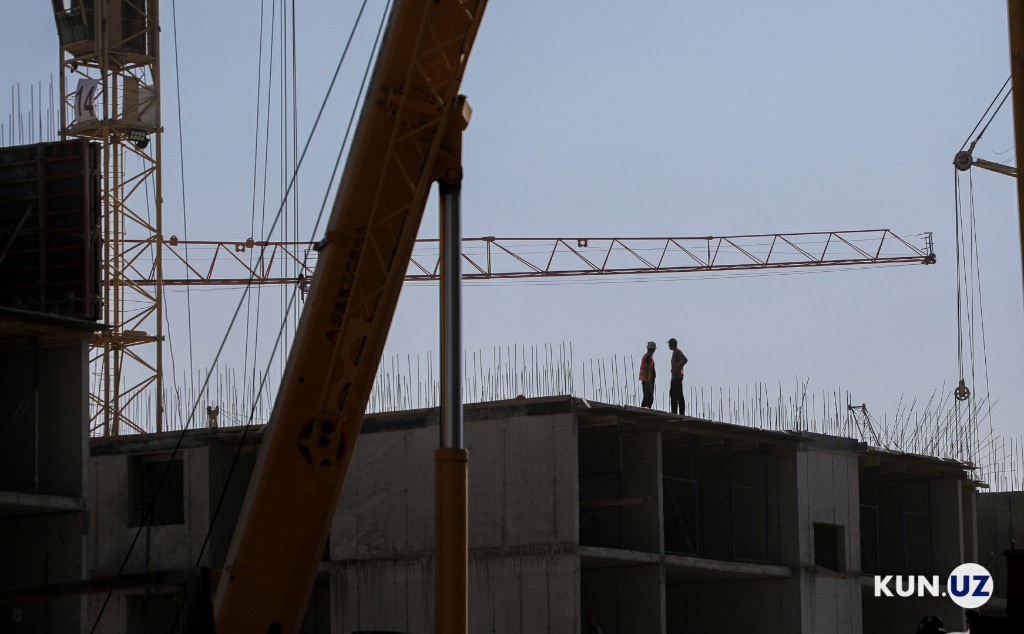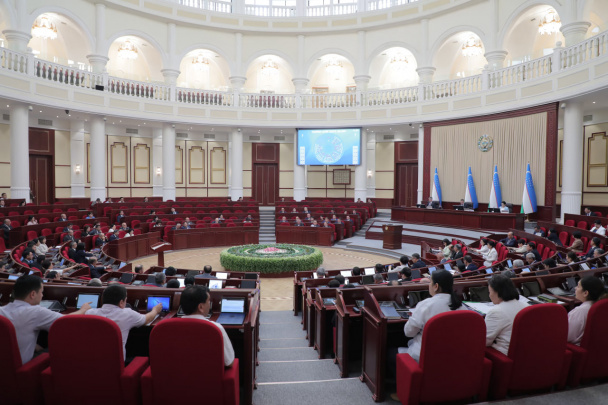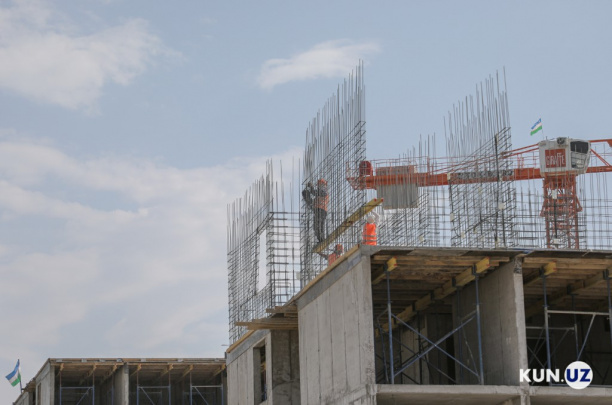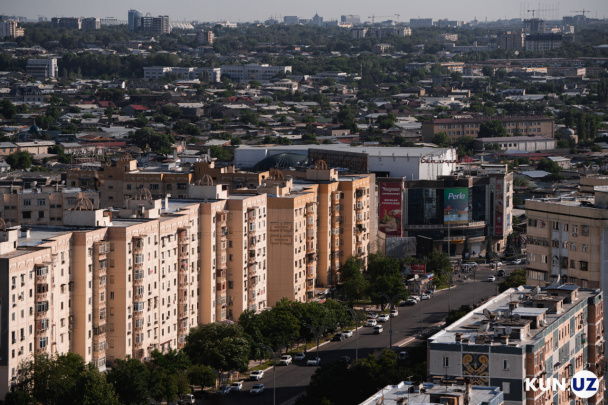“No price surges expected” – Ministry of Construction explains how escrow system works
The escrow account system is designed to protect homebuyers' funds and establish stricter control over developers through banks. According to the Ministry of Construction, this mechanism will actually allow developers to access financing at reduced interest rates.

Photo: KUN.UZ
As previously reported, Uzbekistan is introducing changes to the form and content of agreements between developers and buyers involved in shared construction projects. A key component of these reforms is the implementation of an escrow account system, aimed at protecting consumers from unscrupulous developers and bringing greater transparency to the real estate market. Saidnosir Usmonov, spokesperson for the Ministry of Construction and Housing and Communal Services, spoke about the significance of this new approach when purchasing residential property.
A presidential decree has established clear mechanisms for regulating shared construction projects. These measures are intended to safeguard the rights of individuals and legal entities participating in shared construction, while also creating reliable and efficient pathways to acquire property, including through mortgage financing.
Shared construction allows future homeowners to invest in properties under development by making early financial contributions, effectively becoming equity holders in the project.
Going forward, all investments made under shared construction arrangements must be formalized through notarized contracts, which must also be registered with the cadastral authorities.
"Starting from July 1, shared construction agreements between developers and clients must be notarized and registered with the cadastral office. Once the contract is registered, the equity holder — the buyer — gains the legal right to make a claim," emphasized Saidnosir Usmonov.
From that same date, a new system — escrow accounts — will be introduced, offering full protection for buyers by securing their funds.
"Escrow is a new type of transaction between the developer and the buyer. Now, when a citizen wants to purchase an apartment in a building that is still under construction, they become an equity holder by investing their funds. However, instead of paying the developer directly, the money is deposited into a special bank account — an escrow account. The developer cannot access these funds until construction is complete. The project must be built using the developer’s own funds or a bank loan," the Ministry explained.
Under a shared construction agreement, the developer is obligated to complete and deliver the housing within a specified period. The bank, in turn, ensures the collection and safekeeping of buyers’ funds in the escrow account and also provides project financing. This guarantees the timely and high-quality delivery of the property to the buyer.
In addition, the system includes the launch of a unified, transparent electronic platform called “Transparent Construction,” which will go live on July 1. Developers will not be allowed to raise funds from citizens under shared construction schemes unless the project is registered on this platform.
The system has been designed with minimal human intervention and is fully integrated. Once a project is uploaded to the platform, the bank evaluates the developer's ability to complete construction on schedule. The construction timeline will be continuously monitored.
The platform will contain comprehensive information about the developer and the project: exact address, number of floors, layout, entrances, project documents, positive expert evaluations, construction start and end dates, and more. Buyers will be able to track all this data, including permits, the developer’s rating, and past projects. This level of transparency will help secure investments and promote a trustworthy development sector.
Furthermore, a new transparent rating system for developer companies will be introduced based on this platform.
“As funds accumulate in escrow accounts, developers will be able to access project financing at significantly lower interest rates. This disproves the claims that the introduction of the escrow system will lead to a sharp rise in housing prices,” said Saidnosir Usmonov.
Once construction is completed and the apartment is handed over to the buyer, the funds in the escrow account will be released to the developer. If the developer fails to fulfill their obligations, the entire amount will be returned to the buyer. In other words, if the building is not completed, the buyer does not lose their money — the bank will refund it in full.
Citizens’ funds allocated for property purchases will be fully protected. According to the decree, it is prohibited to suspend, debit, or seize any money held in escrow accounts.
After signing and registering the agreement with the cadastral office, buyers will be able to treat their stake as property. They may gift it, sell it, or bequeath it — even before construction is completed.
Until the end of 2025, the adoption of the escrow system will remain voluntary. Starting January 1, 2026, all construction-related fundraising will be allowed only through escrow accounts. This will ensure the timely delivery of housing and eliminate the risk of citizens’ funds being frozen.
Related News

19:14
New draft law ensures full property owner consent for urban renewal projects

11:59
Housing prices in Tashkent continue to fall despite active market

16:25 / 02.08.2025
Senate sends official inquiry to Cabinet of Ministers over widespread illegal construction

14:27 / 02.08.2025



